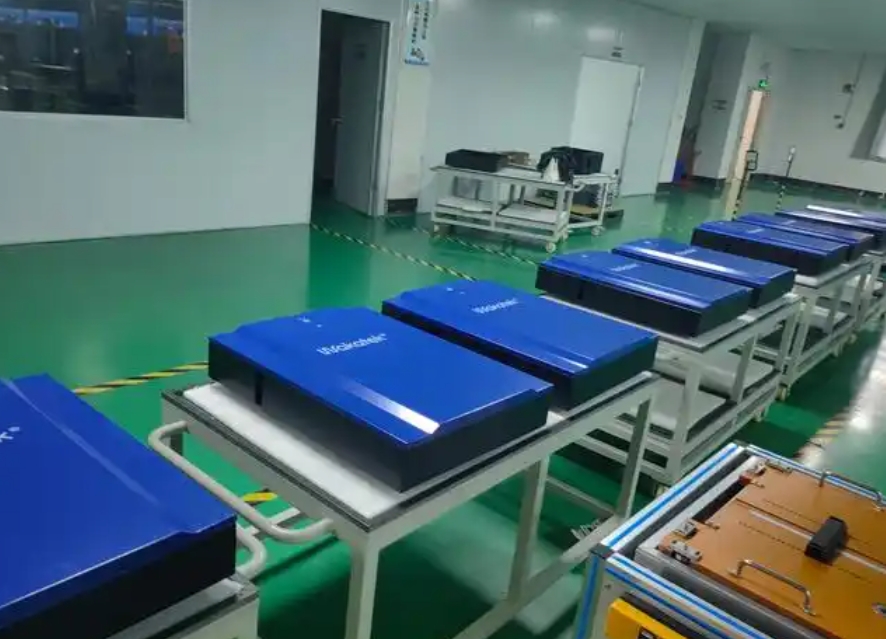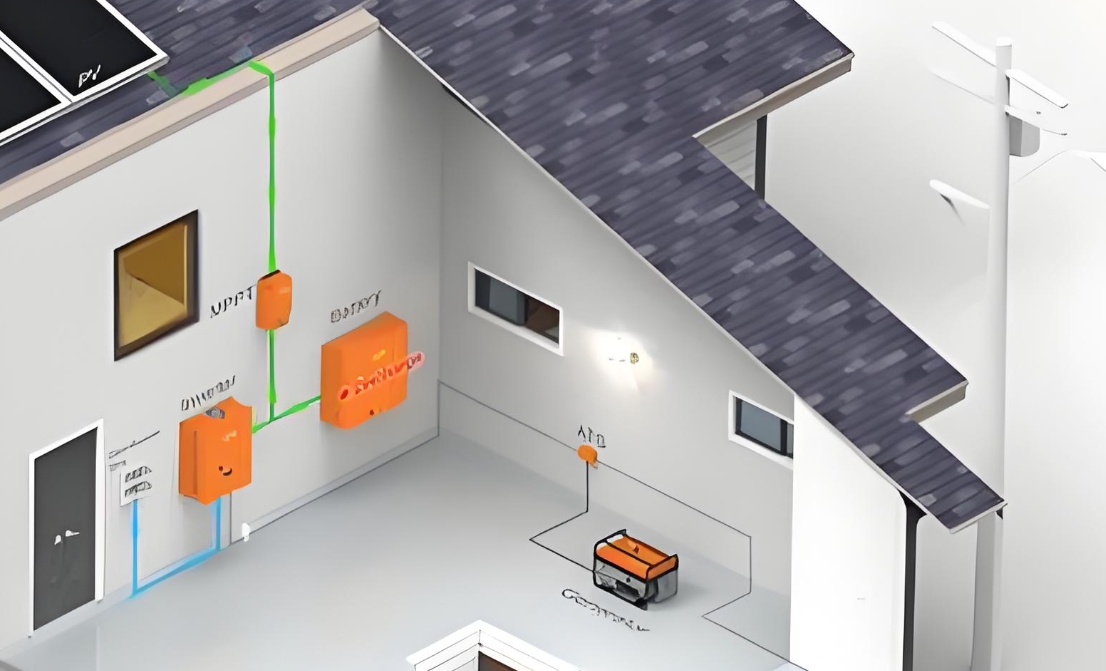lithium ion battery for off grid solar
Lithium-ion batteries (LIBs) for off-grid solar systems play a crucial role in providing reliable and sustainable energy solutions in remote or isolated areas. Here's an overview of their application and benefits:
Key Benefits
High Energy Density: LIBs offer significantly higher energy density than traditional battery types, allowing for more compact and lightweight energy storage solutions. This is particularly important in off-grid systems where space and weight are constraints.
Long Lifespan: With proper maintenance, LIBs can offer a long lifespan, typically ranging from several hundred to thousands of charge-discharge cycles. This ensures long-term reliability and reduces the need for frequent battery replacements.
Flexibility: LIBs can be tailored to meet specific energy storage needs, making them versatile for a range of off-grid solar applications.
System Integration
 In off-grid solar systems, LIBs are integrated with solar panels, controllers, inverters, and loads to form a complete energy supply chain. The solar panels convert sunlight into direct current (DC) electricity, which is then stored in the LIBs. The controller manages the charging and discharging of the batteries to prevent overcharging and over-discharging. The inverter converts the DC electricity stored in the batteries into alternating current (AC) electricity, which is used to power various loads such as household appliances, lighting, and communication equipment.
In off-grid solar systems, LIBs are integrated with solar panels, controllers, inverters, and loads to form a complete energy supply chain. The solar panels convert sunlight into direct current (DC) electricity, which is then stored in the LIBs. The controller manages the charging and discharging of the batteries to prevent overcharging and over-discharging. The inverter converts the DC electricity stored in the batteries into alternating current (AC) electricity, which is used to power various loads such as household appliances, lighting, and communication equipment.
Advantages Over Traditional Batteries
Compared to traditional batteries such as lead-acid batteries, LIBs offer several advantages:
Higher energy density and longer lifespan, leading to reduced maintenance and replacement costs.
Better performance in extreme temperatures, ensuring reliable operation in a wide range of environments.
Lower self-discharge rates, meaning the batteries retain more charge over time when not in use.
Safety Considerations
While LIBs offer numerous benefits for off-grid solar systems, safety concerns related to thermal runaway and fire risks need to be addressed. Proper installation, maintenance, and monitoring practices are crucial to ensure the safe operation of these batteries. Additionally, selecting batteries from reputable manufacturers with rigorous testing and certifications can further mitigate safety risks.
Conclusion
Lithium-ion batteries are a highly effective choice for off-grid solar systems, offering high energy density, long lifespan, and flexibility. Their integration with solar panels, controllers, inverters, and loads forms a complete energy supply chain that provides reliable and sustainable energy solutions in remote or isolated areas. However, safety considerations and proper maintenance practices are essential to ensure the long-term reliability and performance of these batteries.


